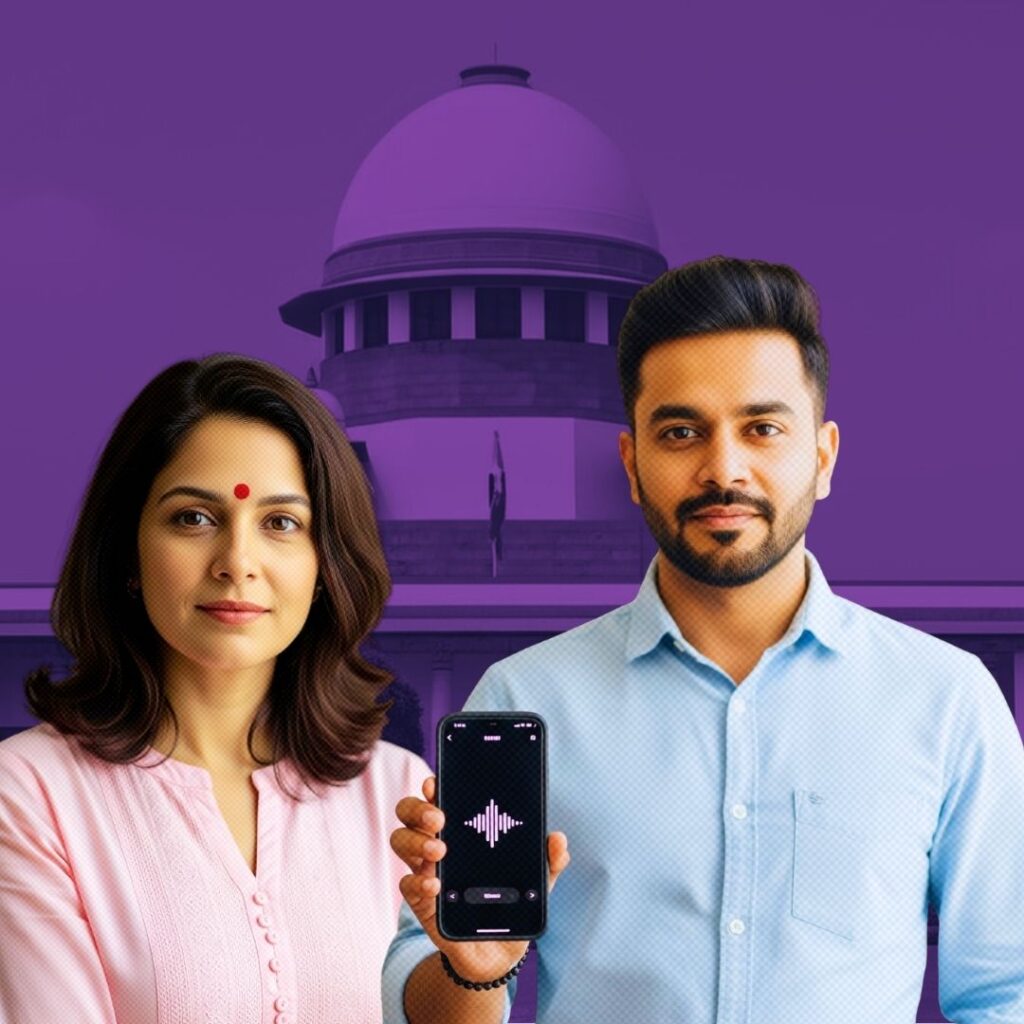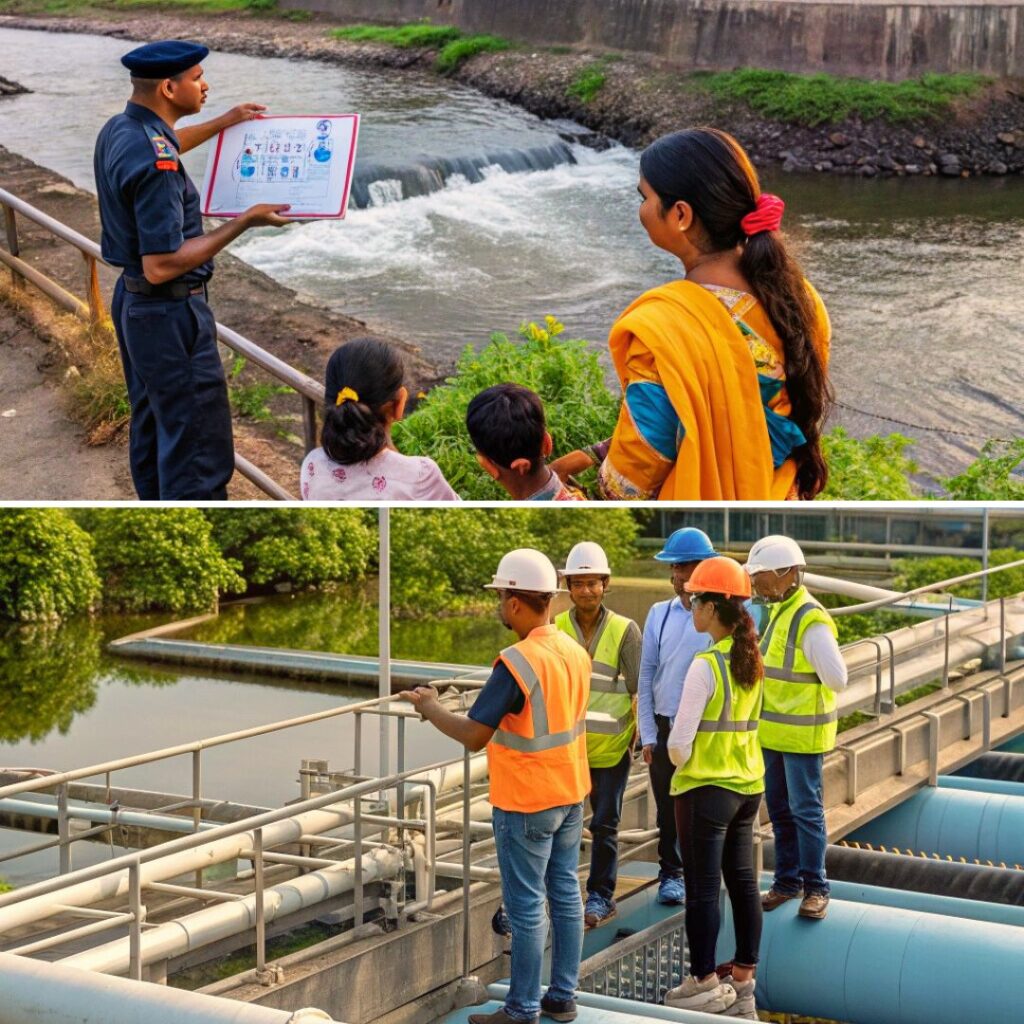To say that India has come a long way since independence would be an understatement. In 1947, the world viewed the prospect of an independent India as improbable and incongruous. At the stroke of the midnight hour, numerous columnists were putting pen to paper to write India’s obituary even before its story began. A country as unprepared, as poor, as uneducated, as staggeringly diverse as India could not sustain as a democracy, they admonished. India, they said, was staring at further partition and balkanisation.
But seventy years since the self-righteous obituaries, India remains the world’s largest and, arguably, most vibrant democracy. The country has sustained and in many ways become more united than it was in 1947. The courts are independent,elections are regular and universally regarded as free and fair, the sixteen transitions of power in New Delhi have been peaceful and untoward, and we have seen no military or unconstitutional rule (save for the Emergency).
This remarkable journey has involved monumental feats – and its share of shameful incidents as well. Literacy has risen from 18% of the population to over 74% today. Life expectancy in the same period has increased from 32 years to 69 years in the same period. Per capita income has risen from Rs 247 (adjusted) at the strike of independence to over Rs 1 lakh today and the share of the population under extreme poverty and decreased from over 70% to 22% in 2016.
These achievements have to be celebrated but it should also be remembered that a lot more needs to be done.
Today, we face several challenges – from an incoming jobs crisis, widening political partisanship, a healthcare sector in shambles, decreasing research spending and slackening economic growth. We also have the problems of malnutrition, homelessness, poverty, illiteracy and farmer suicides and social evils like child marriage, dowry harassment and sexism to tackle. Additionally, the borders with Pakistan and China are becoming increasingly volatile and the number of soldier deaths is increasing with each passing year.
Does this mean India is doomed? Not at all. It only means that we must continue to fight for what we believe in and be ready to defend our values – the the values that are enshrined in our Constitution – at all costs.
Independence Day is without meaning for the 22% of Indians living under the shadow of extreme poverty, for the tribals still struggling to get basic amenities like electricity and drinking water, for the 20 crore citizens who go to sleep hungry every night. It is for these Indians that we should strive to create a better tomorrow. It is only when we can say with ample confidence that the idea of India is working for virtually every Indian that we can say with ample evidence that India is succeeding.
Let it be remembered that throughout history, India’s darkest days were followed by her most glorious moments. And that no agent of division – foreign nations, religion, caste, sexuality, language – nothing whatsoever can impinge on that raw, innate Indian desire for harmony and unity in diversity. No matter what happens, India will endure. No matter what happens, India should endure.











